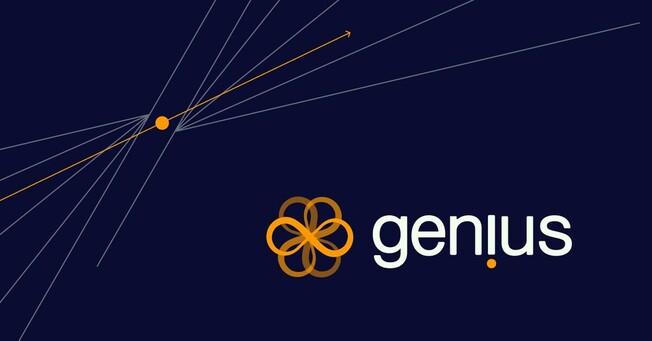
In today's dynamic job market, a seismic shift is underway in the world of employee expectations. The traditional employer-employee relationship is evolving at a rapid pace, and organizations that fail to adapt will find themselves bidding farewell to their most valuable asset—top talent. To stay competitive and foster a thriving work environment, it's crucial to be prepared for this transformation in employee expectations. In this blog, we'll explore the factors contributing to this shift and provide strategies for businesses to ensure they retain their best employees.
The Changing Landscape of Employee Expectations
Gone are the days when a steady paycheck and job security were sufficient to keep employees content. Today's top talent is seeking more than just financial stability; they're looking for an enriching work experience, growth opportunities, and a sense of purpose. Here are some key factors driving the shift in employee expectations:
1. Work-Life Balance
With the rise of remote work and flexible schedules, employees have come to value a healthier work-life balance. They expect their employers to support their well-being, allowing them to juggle personal and professional commitments seamlessly.
2. Career Development
Top talent is no longer content with simply holding a job; they want to continuously develop their skills and advance in their careers. Employers need to provide growth opportunities, mentorship, and training programs to meet these expectations.
3. Purpose and Values
Employees today seek workplaces that align with their personal values and provide a sense of purpose. Companies with a strong commitment to social and environmental responsibility are more likely to attract and retain top talent.
4. Inclusivity and Diversity
Diversity and inclusion are no longer optional. Top talent values working in environments where all voices are heard, and discrimination is non-existent. Organizations that promote diversity and inclusion will attract a broader range of highly skilled professionals.
Strategies for Adapting to the Shift
To retain your top talent, you need to align your company's policies and practices with these evolving expectations. Here are some strategies to consider:
1. Flexible Work Arrangements
Offer remote work options, flexible hours, and the ability to customize work arrangements to suit individual needs. Trust your employees to manage their work efficiently and deliver results, regardless of their location or work hours.
2. Professional Development
Invest in training, coaching, and mentorship programs that help employees grow and advance in their careers. Show a commitment to their long-term success within your organization.
3. Define and Communicate Values
Clearly define your company's values and promote a culture that reflects them. Communicate your commitment to social and environmental responsibility, inclusivity, and diversity, and ensure these values are integrated into your daily operations.
4. Promote Inclusivity
Create a workplace where diversity is celebrated, and all employees are treated with respect and equity. Implement inclusive hiring practices and provide diversity and inclusion training to foster a welcoming environment.
The seismic shift in employee expectations presents both challenges and opportunities for businesses. To retain top talent in this evolving landscape, organizations must embrace flexibility, prioritize professional development, communicate their values, and promote inclusivity. Failure to adapt to these changing expectations will result in a talent drain and a competitive disadvantage. Be prepared for this shift, and your company will thrive in the new world of work.
















Leave a Reply